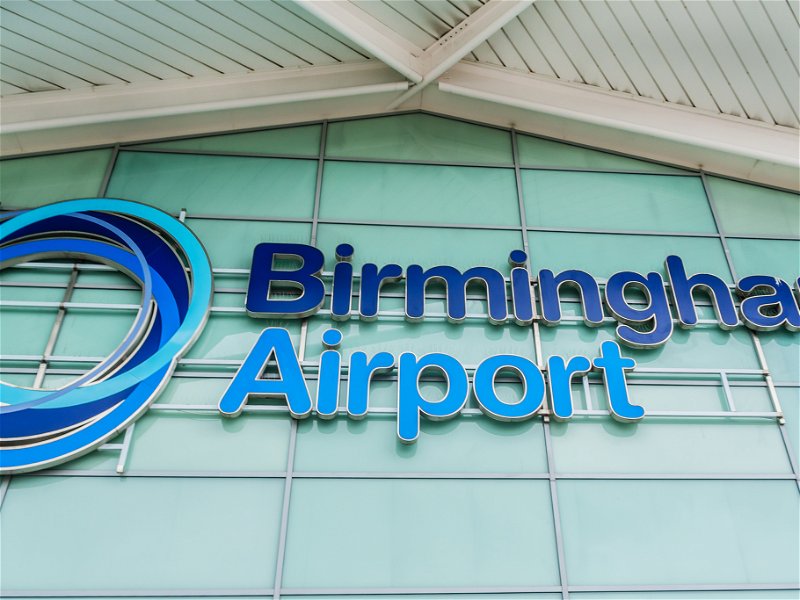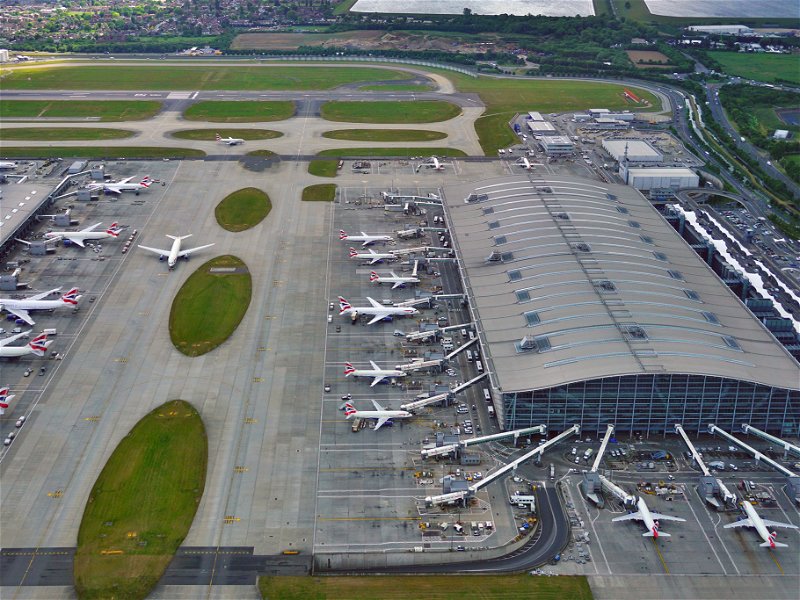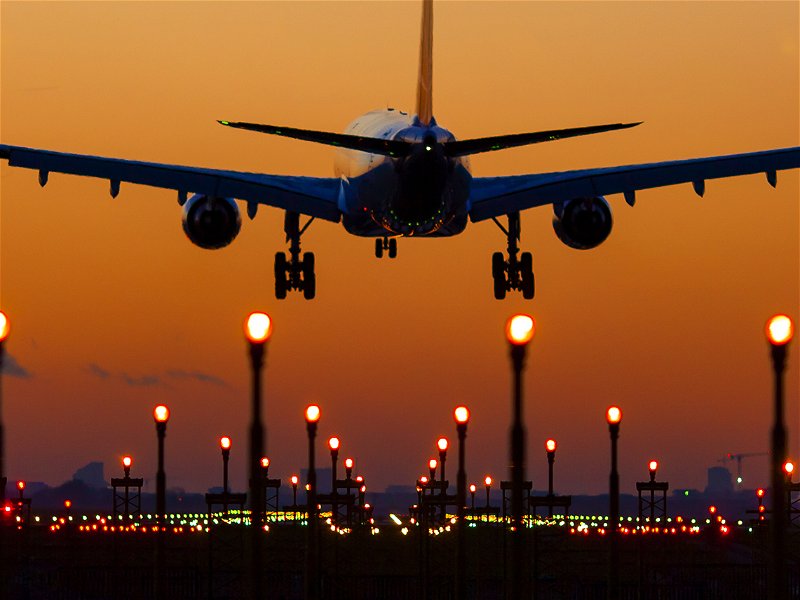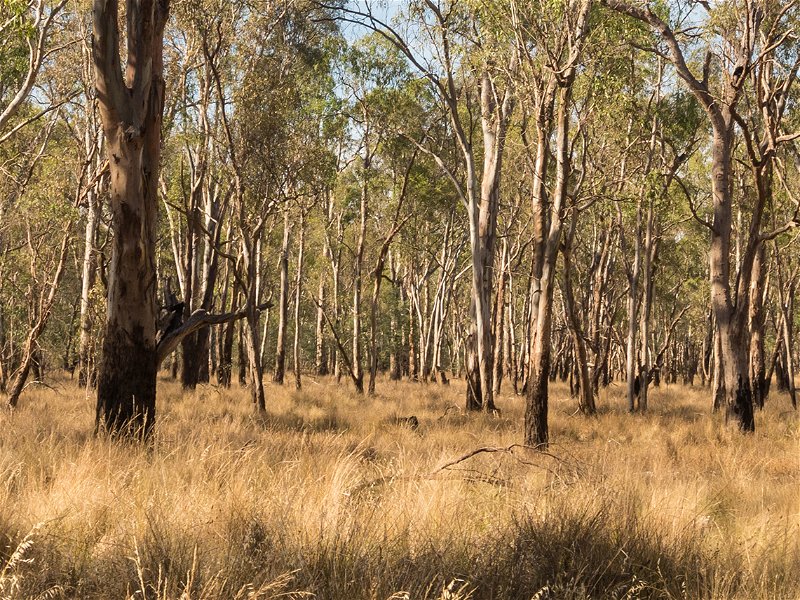Cash boost to help make green aviation a reality in Highlands and Islands
Airships and electric aircraft among the proposals centred at Scotland’s Kirkwall Airport.
While guilt-free air travel may still be many years away, one UK scheme to test the commercial suitability of green aviation such as airships and unmanned electric aircraft has been handed a £1.7million boost.
The Sustainable Aviation Test Environment (SATE) project based at Kirkwall Airport on Orkney Island, north of the Scottish mainland, has been handed the funding injection from the Future Flight Challenge at UK Research and Innovation, with three new partners joining SATE.
Among them is an initiative backed by Iron Maiden lead singer Bruce Dickinson, himself a pilot, who has invested in Hybrid Air Vehicles, noted for their development of Airlander 10, one of the largest aircraft in the world. They have been researching how the helium-filled ships can be used to transport passengers and freight around the Highlands and Islands of Scotland.
Another scheme involves ARC Aero Systems which will test how unmanned electrical vertical take off and landing (eVTOL) aircraft can support the industries of rural Scotland, including fisheries and windfarms. The third partner is Dutch-based Cormorant SEAplanes, involved in the production of an electric 7-seat amphibious aircraft.
SATE was established in 2020 in a project led by Highlands and Islands Airport (HIAL), its MD, Inglis Lyon, saying the latest developments support a “long-term vision to become a net-zero carbon regional airport group”.
“The addition of these new technology partners will help us take a step closer to real solutions for the future of sustainable aviation,” said Lyon.












